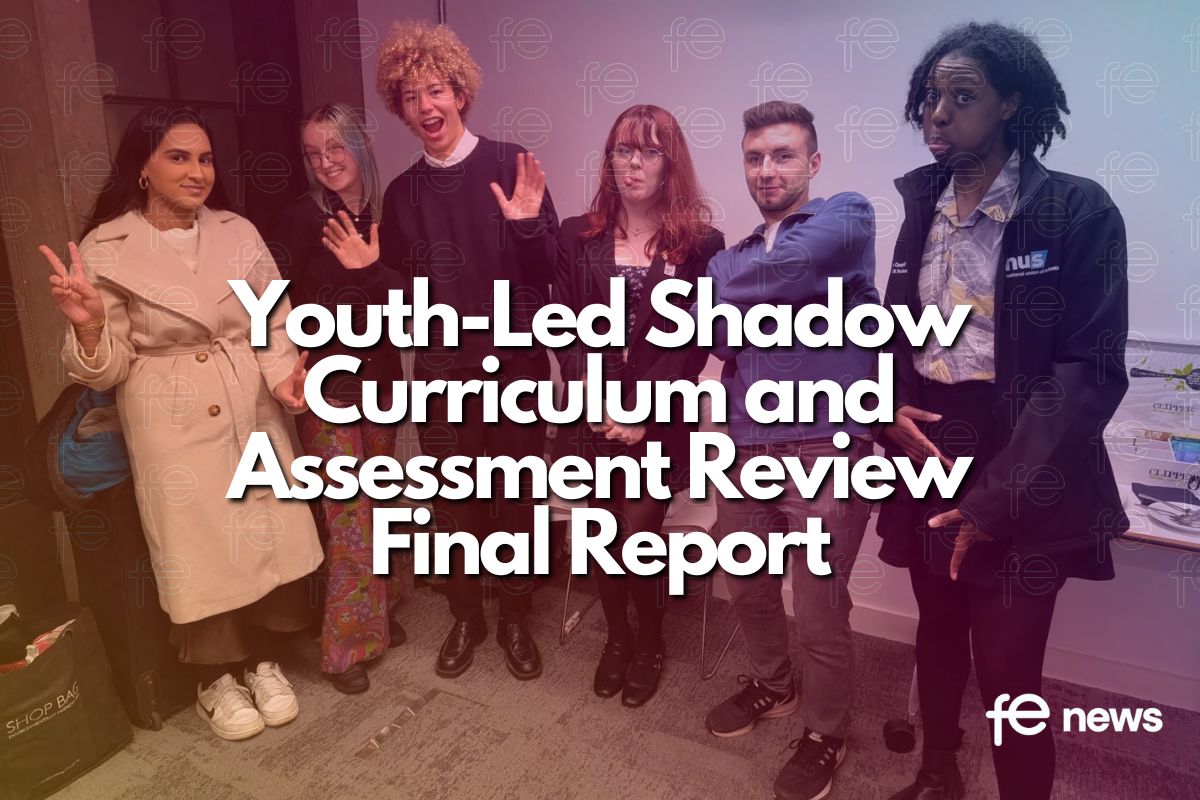Body image disorders are on the rise: 4 ways you can help #StopCyberBullyingDay

Body image disorders are on the rise. A recent poll by the Mental Health Foundation, found one in eight adults have been so distressed about their body image they have had suicidal thoughts.
Dysmorphia, bulimia and anorexia are reported more and more—not just among young people, these disorders are common across all age groups.
People are bombarded constantly with ‘perfect’ images. Reality TV like Love Island, while incredibly popular, presents an ironically ‘unreal’ view, where everyone is chiselled, tanned and toned.
It’s similar with social media. People post a curated ‘best face’ of their entire life—and apps like Snow and Facetune allow them to edit their images at the press of a button, to look smoother, thinner and more like that ‘perfect’ image.
|
Education Secretary Damian Hinds said: “Children are growing up with a warped view of what is normal because so much of what they see on social media is false. “These days there’s a filter for everything, so much so that when something ‘real’ goes online it’s tagged as #NoFilter but there should also be #NotEdited. “I want social media influencers to think about what they are putting on their platform – is it honest? Is it authentic? Is it too image focused? |
Even if you shun TV and social media, you can’t escape. Out-of-home advertising is full of edited images that wouldn’t look out of place on an influencer’s Instagram page.
So, when everyone and everything around you seems perfect — when you’re not — what effect can that have?
Poor body image affects mental health drastically. It’s not about vanity, or wanting to look the best — being exposed to this sort of imagery 24 hours a day causes anxiety about your own body. There’s a pressure to be perfect, especially when even the social feeds of your friends are edited to look amazing.
Dysmorphia is serious, and is far more than simply feeling insecure about your body. It can cause depression, lead to self-harm, manifest in serious eating disorders and even cause suicide. And it’s possible that someone you know suffers from it.

Do any of your students show these signs?
- A preoccupation with appearance — more than just wanting to look good, someone suffering this issue will obsess
- A belief that they have some defect that makes them ugly, or ‘unlovable’
- Frequently checking mirrors, or looking at selfies — or avoiding these altogether
- Refusing to appear in photos, or at least demanding photos be edited
- Wearing excessive makeup, or using clothing to hide their body shape
- Constantly comparing their appearance with that of others, favourably or unfavourably
- Excessive grooming, hair plucking or picking at skin
If so, they’re possibly suffering from serious self-image issues.
How can you help?
- Acceptance — while you might not agree with them, the feelings of someone with body image issues are very real to them. Telling someone that they’re ‘pretty the way they are’ or that it’s ‘all in their head’ is the wrong way to help — in fact, that could be harmful. Don’t judge them, do accept them, and you can begin to help them
- Listening — offer to listen. Sometimes, talking about these issues can help shine a light on how to cope with them. Be kind, gentle, and sincere, and your employees will trust you to open up
- Practical support — using an EAP is perfect for this. Access to non-judgmental, structured counselling over the phone is a great way to talk through image issues and find a resolution
- Celebrate success — don’t make a big song and dance about it, but when someone with body image issues begins to turn themselves around, acknowledging it can help. Carry on offering the space to talk.
David Price, CEO of Health Assured

 The Education Secretary Damian Hinds has today (21 Jun) called on social media influencers and online celebrities
The Education Secretary Damian Hinds has today (21 Jun) called on social media influencers and online celebrities 









Responses